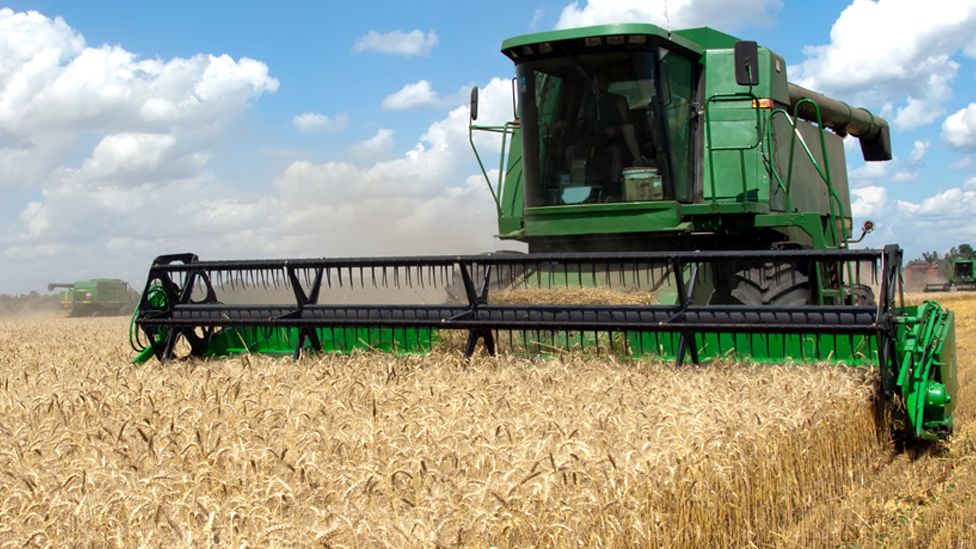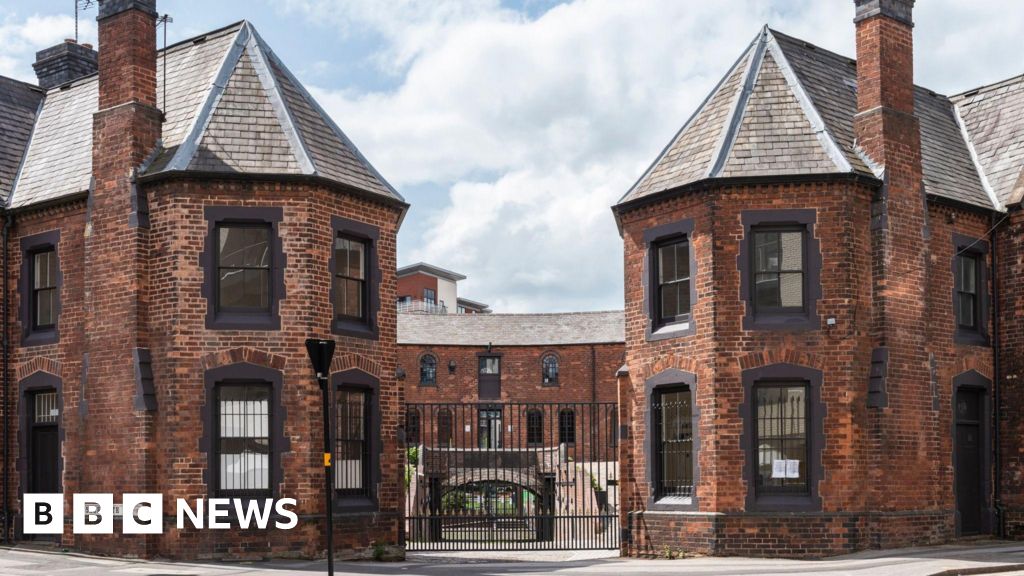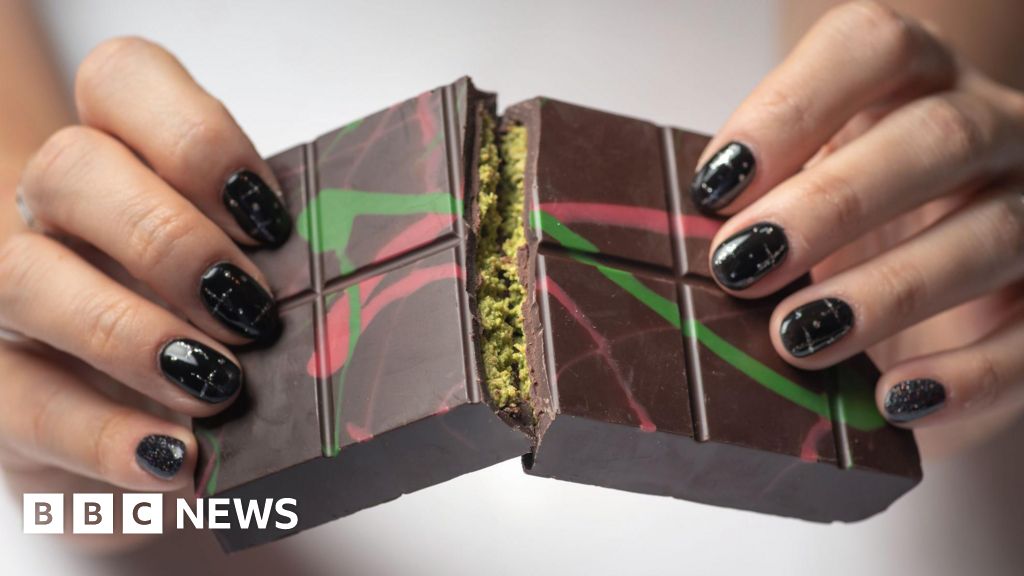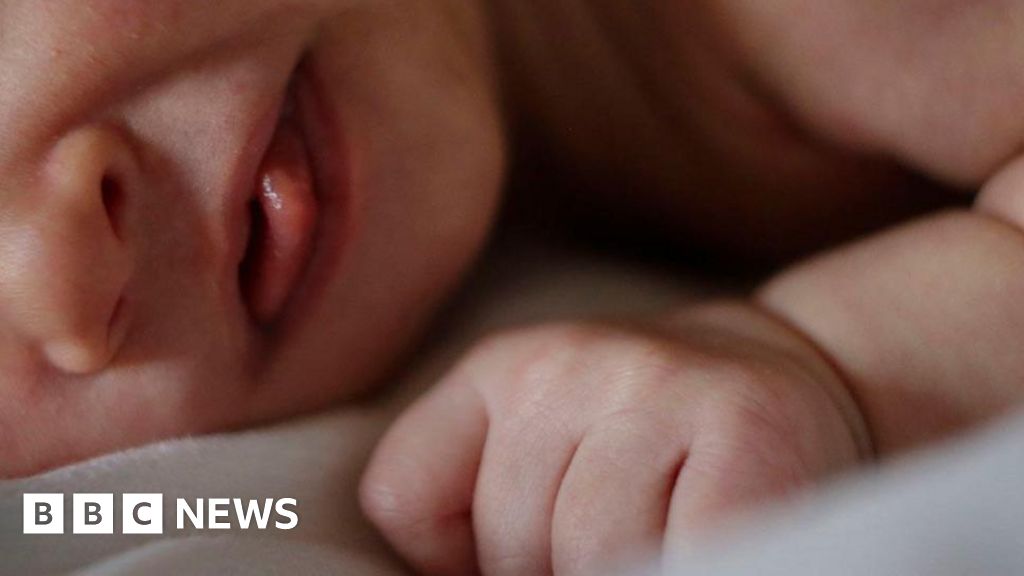ARTICLE AD BOX
 Image source, Getty Images
Image source, Getty Images
Vladimir Putin is "weaponising food", and the impact is being felt around the world, the boss of one of the world's biggest fertiliser firms has warned.
Svein Tore Holsether, from Yara, urged countries to stop relying on Russia after its invasion of Ukraine hit global food supplies and prices.
Russia is a big exporter of both fertiliser and ammonia, a key ingredient in many fertilisers.
But supply issues and soaring gas prices due to the war made prices jump.
This has had a knock-on effect on food prices, pushing up the cost of living in many countries.
"Putin has weaponised energy and they're weaponising food as well," Mr Holsether told the BBC at the start of the World Economic Forum in Davos.
"It's the saying, 'fool me once, shame on you. Fool me twice, shame on me'."
The warning echoes concern from the International Monetary Fund. Also speaking to the BBC, its managing director Kristalina Georgieva said the world should "move attention today to fertilisers, because this is where we see particular threat for food production and therefore food prices in 2023".
She added: "Fertiliser prices remain very high. Production of ammonia in the European Union, for example, shrank dramatically. All of this is connected, of course, to the impact of Russia's war on gas prices and gas availability."
Image source, Getty Images
Image caption,Kristalina Georgieva said high fertiliser prices were a threat to food production
Russia stockpiled fertiliser for domestic use last year. While its exports declined, the record prices paid for fertiliser led to a 70% increase in export revenues, according to the UN Food and Agriculture Organisation.
Moscow increased exports to countries such as India and Turkey. Russia also produces enormous amounts of nutrients, like potash and phosphate - key ingredients in fertilisers, which enable plants and crops to grow.
Mr Holsether called this dependency a "powerful weapon".
"With energy we've built an infrastructure in Europe on cheap Russian gas and we see the consequences and the cost of that right now with food and fertiliser."
He pointed out that half of the world's food production is dependent on fertiliser.
"If you see significant disruptions on that, that's a very powerful weapon."
'Severe impacts'
Last week economists reported that sharp increases in fertiliser costs could lower food production yields so much that by the end of the decade, an increase in agricultural land equivalent to "the size of much of Western Europe" would be required to meet demand globally.
This would mean "severe impacts" for deforestation, biodiversity and carbon emissions, they added.
Dr Peter Alexander of the School of Geosciences at Edinburgh University said: "This could be the end of an era of cheap food. While almost everyone will feel the effects of that on their weekly shop, it's the poorest people in society, who may already struggle to afford enough healthy food, who will be hit hardest.
"While fertiliser prices are coming down from the peaks of earlier this year, they remain high and this may still feed through to continued high food price inflation in 2023."
Sustained high fertiliser prices could increase food prices by 74% from 2021 levels by the end of this year, the study calculated, raising fears of "up to one million additional deaths and more than 100 million people undernourished if high fertiliser prices continue".
Yara's boss Mr Holsether warned that the impact of all of this is being felt around the world.
"Russia is the world's largest exporter of fertiliser, so it will have global implications. We've seen some of that from the disruptions already and there is a need for Russian fertiliser in order to maintain global food production," he said.
"But my message here is that we also need to think about the next phase to reduce, to avoid the dependency on Russia. Because when that is being used as a weapon in war, we cannot go back to how it used to be."

 2 years ago
46
2 years ago
46








 English (US) ·
English (US) ·